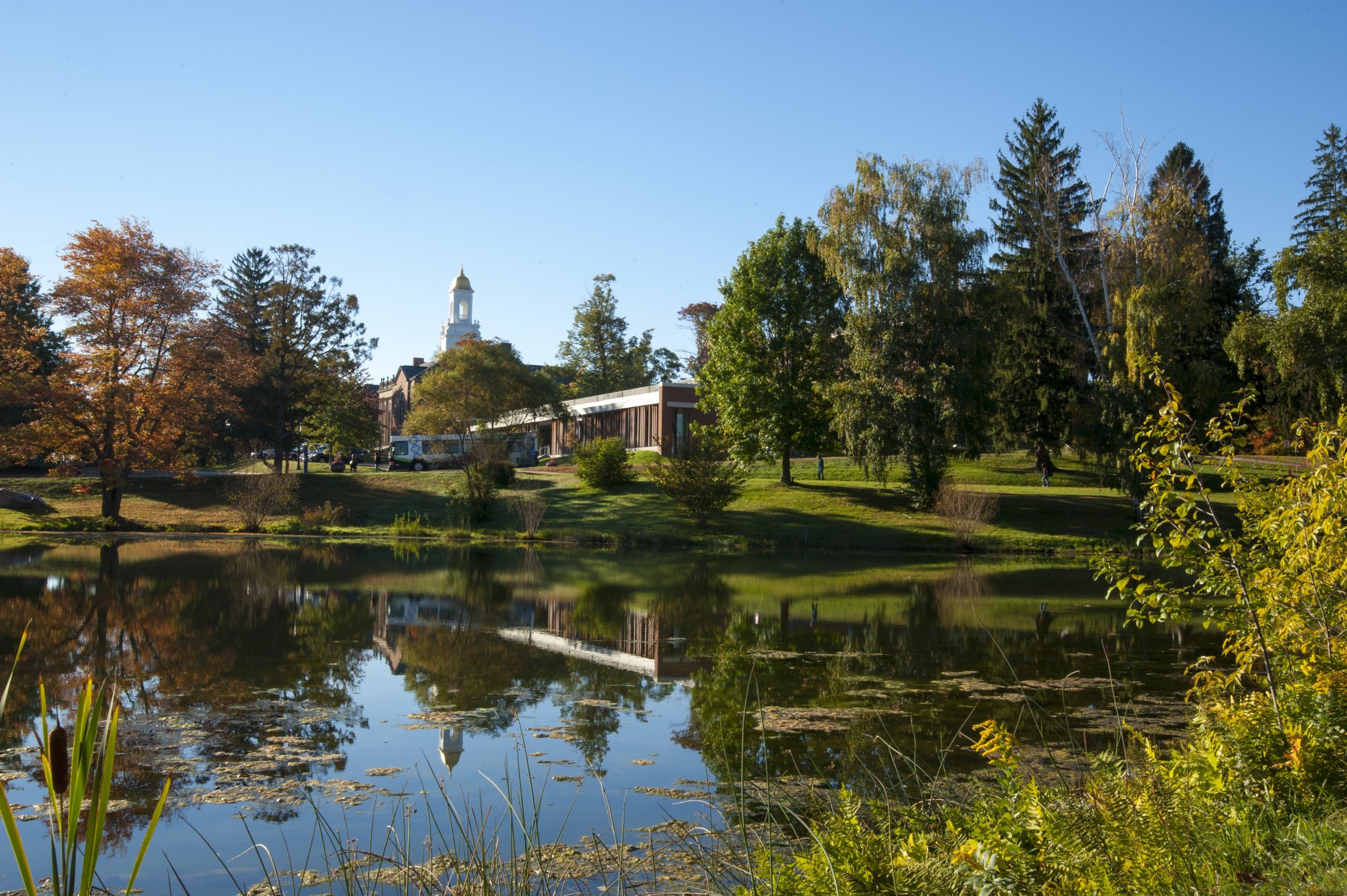All-white juries are more than 15 per cent more likely to convict a Black defendant than a white defendant, but the presence of even one juror of color closes the gap, Professor Lauren McLane told the audience at the Connecticut Public Interest Law Journal’s annual symposium.
“The all-white jury and a lynch mob have a lot in common,” she said. In both cases a type of group-think develops, a dynamic that can be disrupted by diversifying the group’s membership, she said.
McLane, director the Defender Aid Clinic at the University of Wyoming College of Law, gave the symposium’s keynote address and challenged white lawyers to confront their own racism and implicit bias.
“We have to reject this notion of color-blindness and have real, honest conversations about race in this profession,” McLane said. “The costs of doing this work are emotional and mental, not monetary.”
The symposium, entitled “Does an Impartial Jury Exist? An Analysis of Implicit Bias in Jury Selection,” was held online on March 26, 2021.
A panel of three Connecticut Supreme Court justices — Chief Justice Richard Robinson and Justices Raheem Mullins and Maria Kahn — discussed the case law establishing the jury selection processes in Connecticut. Mullins said racial bias is so pervasive in jury selection that the only solution may be to remove preemptory challenges, which permit lawyers to reject potential jurors without giving a reason.
“Preemptory challenges are fraught with implicit bias,” he said, adding later that there may be innovative ways of solving the problem without eliminating the challenge completely.
Another panel explored the impact of biased juries through a conversation among Douglas Lavine ’77, a judge on the Connecticut Appellate Court; attorney and adjunct UConn Law Professor Wesley Horton ’70; Professor Jane Gordon of the UConn Department of Political Science; and UConn Law Professor Jamelia Morgan.
Professor Timothy Fisher, the journal’s faculty adviser, said he was impressed by the lineup of speakers and panels that the student organizers, Bianca LoGiurato ’21 and Celena Stoia ’21, brought on board.
“The symposium demonstrated the origins and harms of systemic exclusion of African Americans from jury service,” Fisher said. “At the same time it showed the steps that can make Connecticut a national leader in providing parties with a jury of their peers while extending full citizenship rights to all Americans.”



